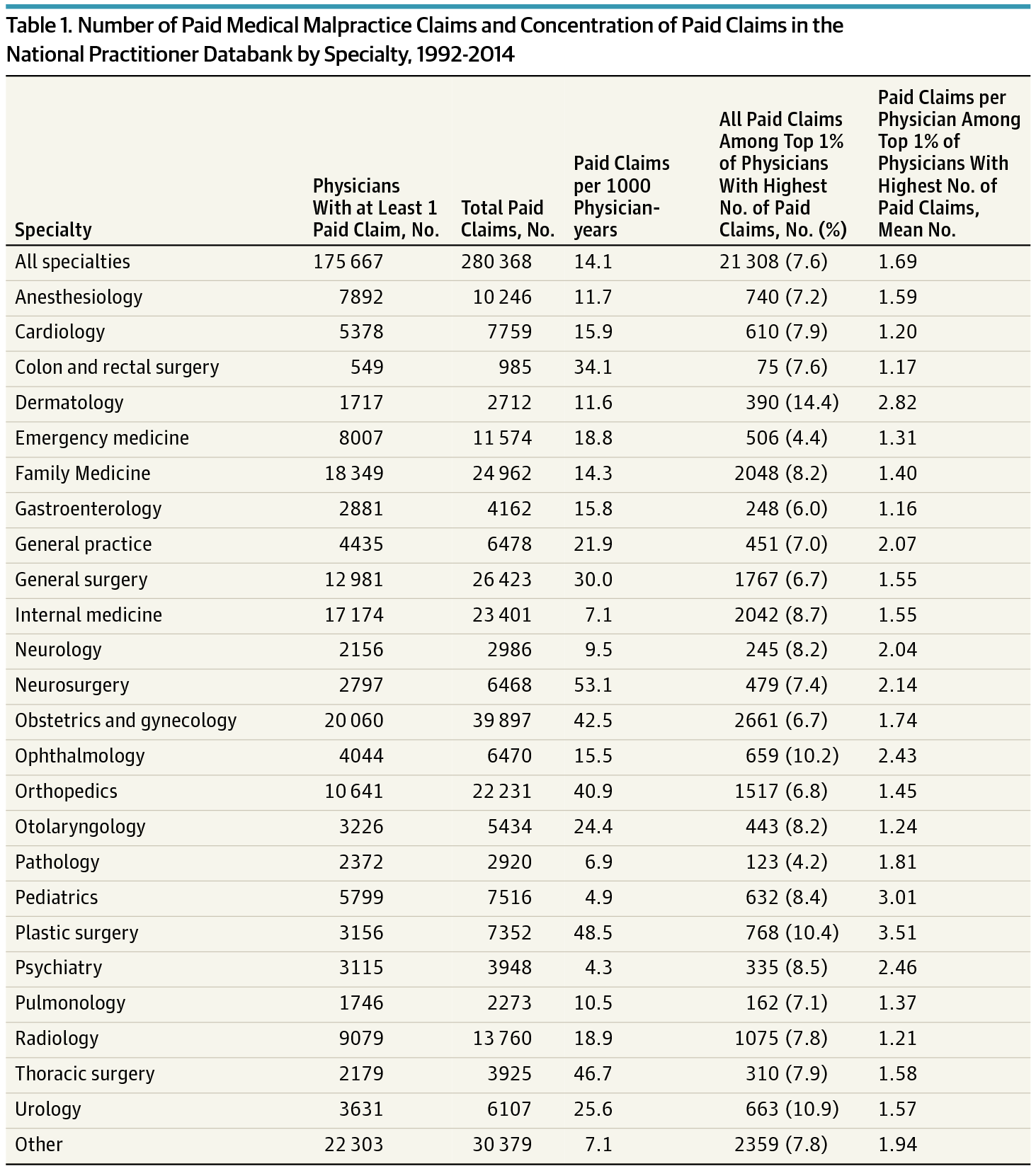- Joined
- Feb 3, 2013
- Messages
- 116
- Reaction score
- 125
Hey all. I was fortunate enough to match into an awesome program this cycle and I'm now starting to think about fellowship possibilities. Clearly, it's very early to start thinking about what fellowship I'll be doing but I just wanted to see if anyone could provide more info on the different specialties. In other words,why did you choose the fellowship (and mini fellowships) you did? What are the bread and butter cases? What modality are your reading the most? Are there any recent major changes in your field of interest? What do you think is the future direction of that specialty? What other info would be important to consider for someone going into that specialty? Any info would be appreciated!


